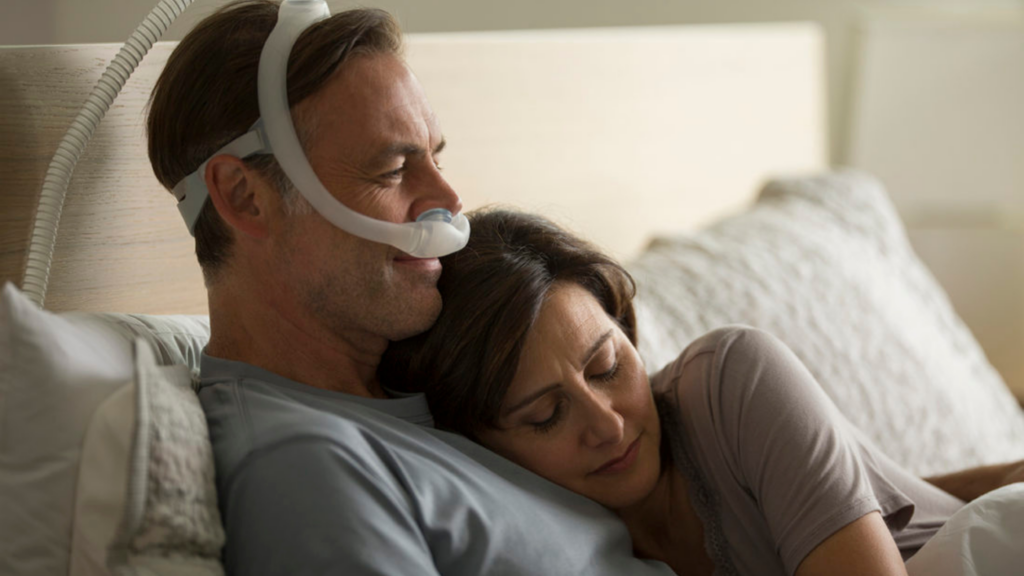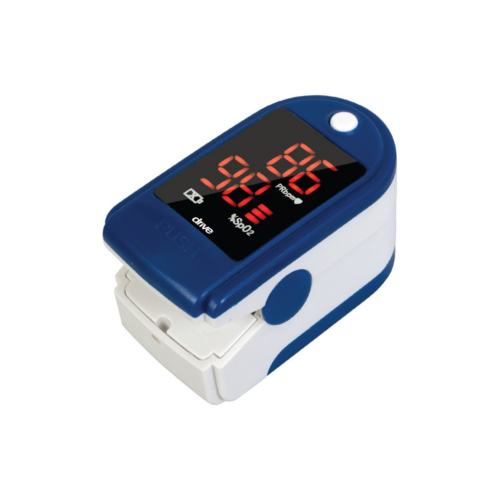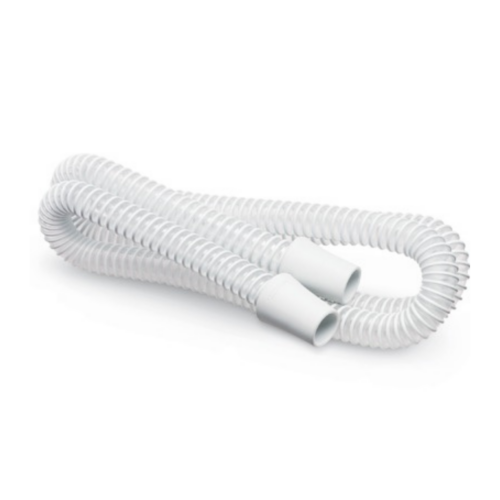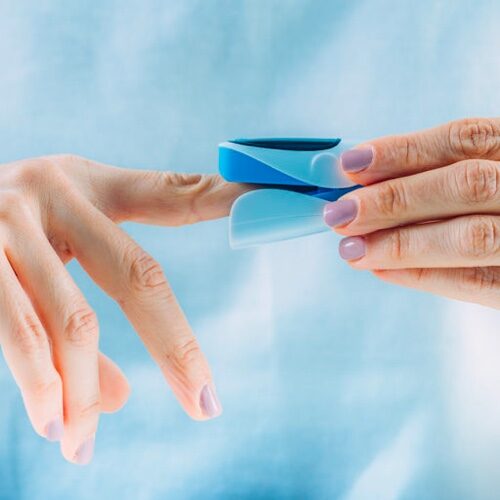DARIEN, IL – Exciting findings from the SLEEP 2024 annual meeting reveal that consistent use of positive airway pressure (PAP) machines by those with obstructive sleep apnea can significantly improve their relationships. When patients stick to their PAP therapy, they not only sleep better but also report greater relationship satisfaction and less conflict.
The study, led by Wendy Troxel, a senior behavioral scientist at RAND and adjunct professor at the University of Utah, underscores the importance of sleep in maintaining healthy relationships. Troxel highlights that “no one is at their best when they aren’t sleeping.” This is especially relevant as many couples struggle with sleep issues, leading some to opt for separate sleeping arrangements, commonly known as “sleep divorces.”
In the study, 36 couples were observed over three months. The patients’ adherence to PAP therapy was monitored, along with their sleep duration and efficiency using actigraphy. Both partners provided self-reported data on relationship satisfaction and conflict. The results clearly showed that better sleep efficiency and consistent use of PAP therapy correlated with happier, more harmonious relationships.
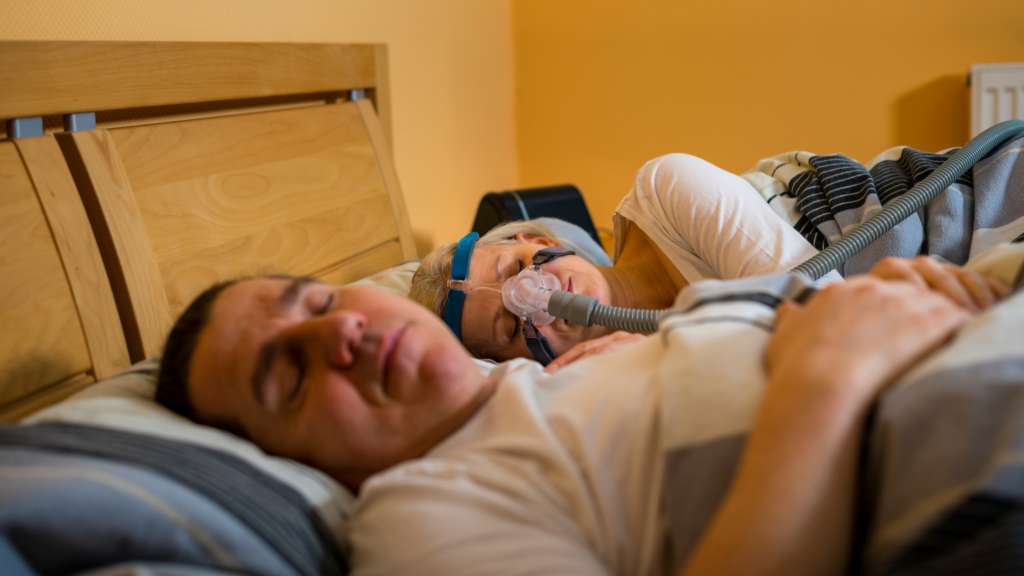
The research introduced a couples-based approach called “We-PAP,” which helps both partners support each other in adhering to sleep apnea treatment. This method acknowledges that sleep is a shared experience and aims to improve the adherence to PAP therapy together.
The American Academy of Sleep Medicine notes that nearly 30 million adults in the U.S. suffer from obstructive sleep apnea. This chronic condition is characterized by repeated airway collapse during sleep, with snoring being a common and disruptive symptom. PAP therapy, which uses mild air pressure to keep the throat open, is a widely recommended treatment.
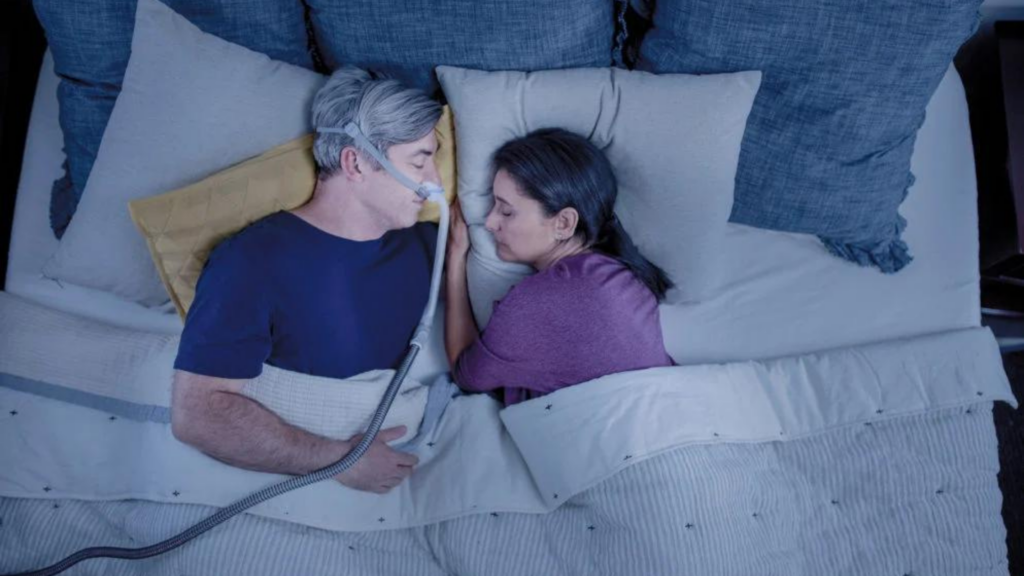
This groundbreaking study emphasizes the profound impact of quality sleep on relationship health and suggests that addressing sleep disorders like sleep apnea can be a powerful tool in improving relationship dynamics. Supported by a grant from the National Institutes of Health, the study’s findings were recently published online and will be presented at the SLEEP 2024 conference in Houston.
For those struggling with sleep apnea, this study offers hope that effective treatment can lead to not just better health, but also happier, more fulfilling relationships.


